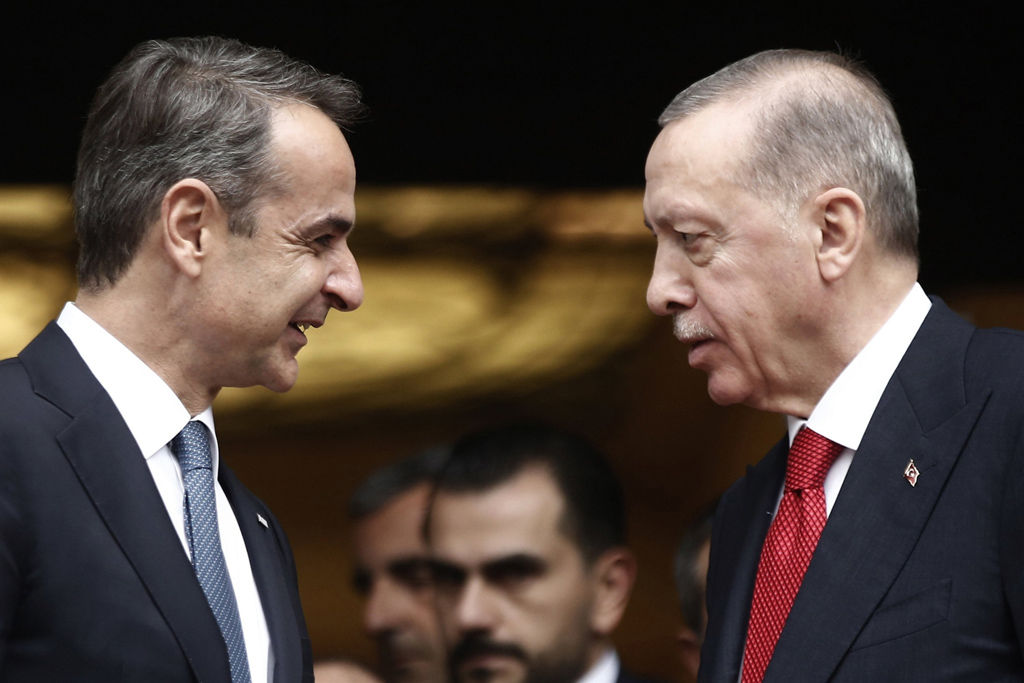
Is strategic consensus between Türkiye and Greece possible?
For Türkiye, Turkish-Greek relations have shifted from being solely a security concern to a potential axis of cooperation. While prioritizing its foreign policy within a broader geopolitical context, Ankara has chosen to address issues with Greece pragmatically. Nevertheless, changes in the regional strategic landscape, Türkiye’s rising influence, emerging regional challenges and its geopolitical presence in the Eastern Mediterranean following the maritime jurisdiction agreement with Libya have once again placed the relationship on a competitive and security-focused footing.
Share
President Recep Tayyip Erdoğan’s visit to Greece after six years stands as one of the strongest indicators that relations between the two countries have entered a phase of normalization. In recent years, their relationship has been characterized by fluctuating tensions. However, the agreements made during President Erdoğan’s visit to Athens and the Declaration on Friendly Relations and Good Neighborliness may signify the dawn of a new era.
For Türkiye, Turkish-Greek relations have shifted from being solely a security concern to a potential axis of cooperation. While prioritizing its foreign policy within a broader geopolitical context, Ankara has chosen to address issues with Greece pragmatically. Nevertheless, changes in the regional strategic landscape, Türkiye’s rising influence, emerging regional challenges and its geopolitical presence in the Eastern Mediterranean following the maritime jurisdiction agreement with Libya have once again placed the relationship on a competitive and security-focused footing.
For Athens, Türkiye’s increasing military strength and assertive regional policies pose both constraints and opportunities. Greece has utilized Europe as a counterbalance against Türkiye while attempting to garner support from the United States, simultaneously bolstering its military capabilities.
Additionally, Greece has sought to minimize Ankara’s role in the energy sector by forging alliances with Middle Eastern counterparts, especially in the Mediterranean energy competition. While Athens acknowledges Türkiye’s significance in its foreign policy, there’s ambiguity within the administration regarding whether this centrality should be perceived as a threat or an opportunity for cooperation.
Many speakers at the last Athens Security Forum described Türkiye as the “elephant in the room” concerning NATO, the EU, Ukraine, migration, the Eastern Mediterranean, energy and other regional issues, stressing the need for dialogue with Türkiye and addressing its evolving geopolitical position realistically.
Tags »
Related Articles
Policy Report
European Sky Shield Initiative | Capacities, Criticisms, and Türkiye’s Contribution
February 2025






